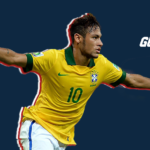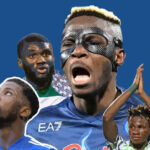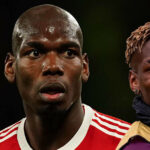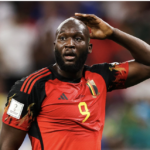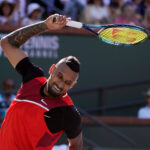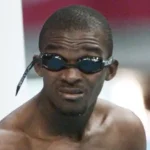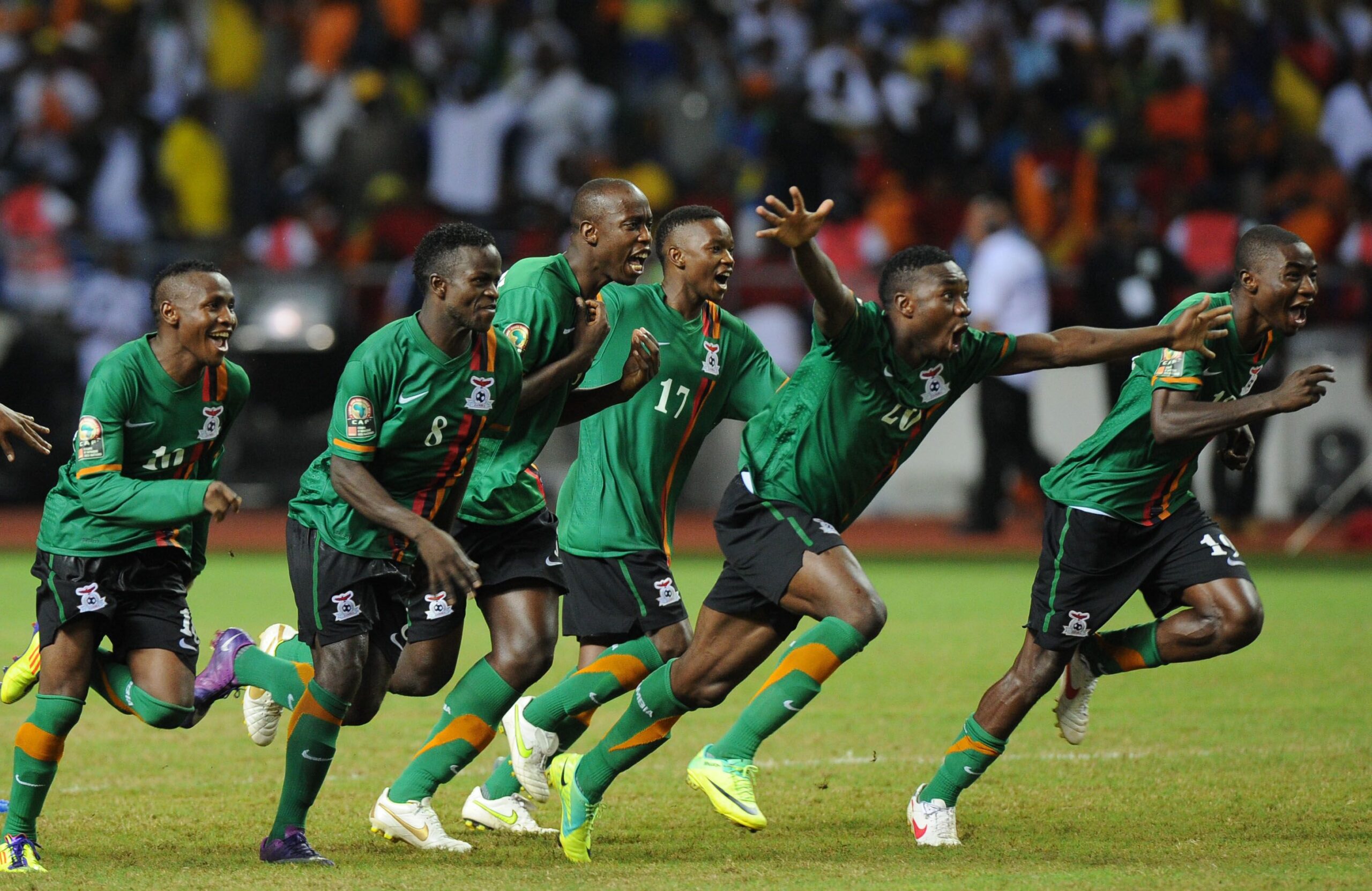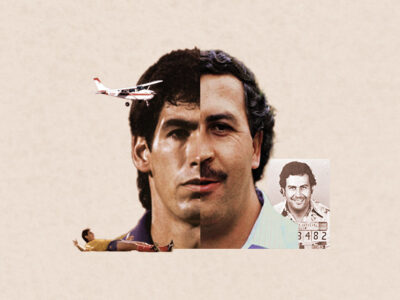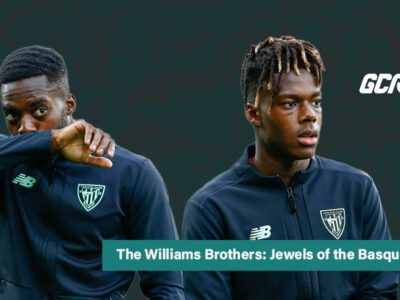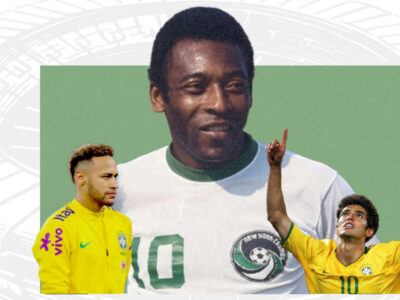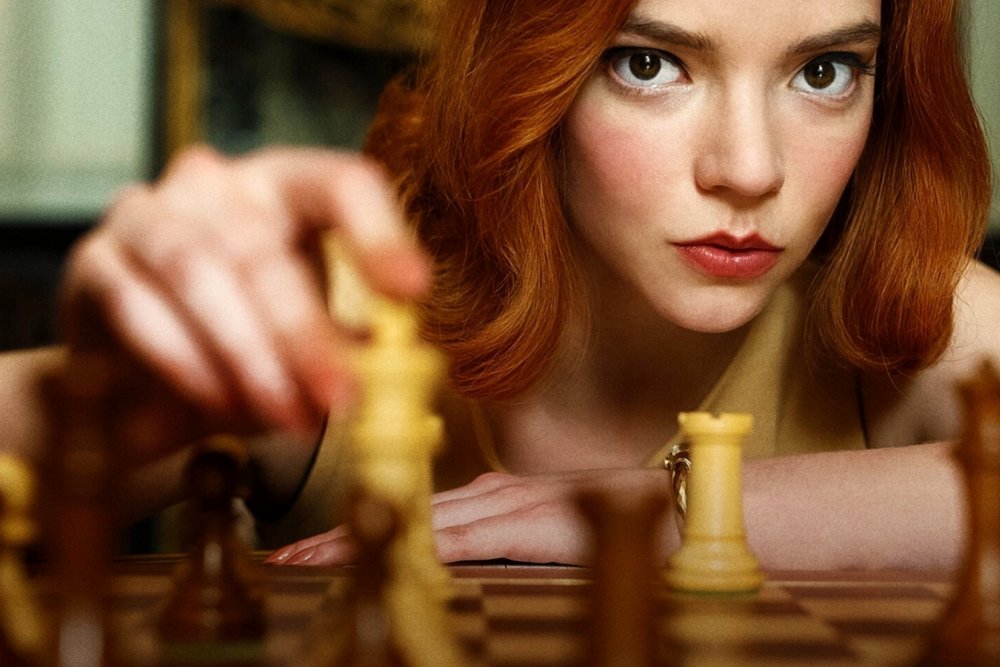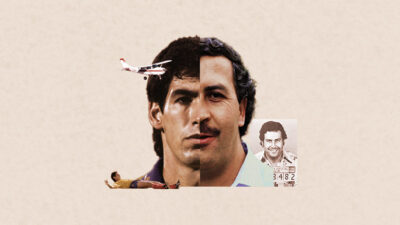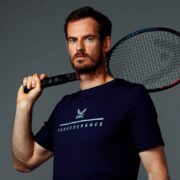The crowd inside the Sydney International Aquatic Centre is in a subdued frenzy as the swimmers mount the starting blocks for the start of the 50-meter freestyle heats. The air of anticipation thickens as spectators whisper and point toward the pool.
Within the next minute, someone down there at the edge of the pool will make history. It wasn’t the highly-favoured Hoogenband or Popov; the object of admiration was the black athlete in blue speedos and goggles. From the boards, they could tell he was Eric from somewhere in Africa.
This is the remarkable story of Eric “The Eel” Moussambi.
Who is Eric the Eel?
Eric Moussambani was born in Equatorial Guinea in 1978, a country with less than a million people at the time. He grew up playing basketball, idolising NBA stars like Hakeem Olajuwon, Magic Johnson, and Michael Jordan.
However, his passion for the game came to an unfortunate end when he broke his arm. As a result, his interest switched to fishing, where he learned the basics of swimming from skilled fishermen.
Eric at the Sydney Olympics
When the country’s newly-formed swimming federation announced that they were looking for swimmers in the build-up to the Sydney Olympics, Moussambani had trained enough to convince himself that he could compete in the trials.
Three months before the start of the Sydney Games, Moussambani had made it through the trials in Equatorial Guinea, landing himself a ticket to Sydney. This was fantastic, but in the true sense of a fantasy, like unicorns riding a coloured cloud.
Like every wildcard participant, Moussambani was not going to Sydney because he had met the Olympic qualification time. He was going because the International Olympic Committee believed that the participation of people like him, from countries like his, would be a good way of developing sports in those places.
His trip to Sydney would mark his first experience of life in a first-world city. With 50 pound sterling in his pocket, he left his home country for the first time. The sights and sounds, broad streets, multiple-lane express roads, and fascinating skyline punctuated by highrise buildings were things he had probably only seen in movies and magazines. He was in dreamland.
How did Eric the Eel Qualify?
The Olympic village offered him the chance to meet and interact with people from different races, countries, and cultures. The training facilities, while not being out of this world, were clearly out of his world.
Growing up in post-colonial Equatorial Guinea, Eric had only ever seen or used a 12-meter swimming pool. His aquatic training to this point had been mostly with fishermen in lakes and rivers. Undoubtedly, the sight of an Olympic-size swimming pool seemed like a simulation.
Now there had to be a leap from sentiment to reality—a jump from an amateur obsession to the precision and discipline of professional athletics. A few months earlier, upon hearing that he was going to the Olympics, he had to visit a local library to read up on the Games.
Eric the Eel barely knew the educated way of making a dive. He would have been disqualified for wearing Bermuda shorts had a South African coach not seen him earlier in the day and gifted him the suitable swimming trunks and goggles.
Coming into the heat, he had seen athletes from South Africa and the United States during training, he had observed their techniques and the movement of their limbs. But even his strongest optimism could have wilted from the fact that while others posted impressive numbers in training, Moussambani never even completed the 100-meter swim. He was, therefore, coming into the heat to outdo himself.
Why did Eric the Eel swim alone?
The television was on in as many homes as possible back in his home country, he was going to become the first man from Equatorial Guinea to compete at this level, a landmark achievement in itself, but he was not alone.
Of the eight lanes, only three were occupied, just enough to fill a podium. The other two competitors, Karim Bare from Niger and Farkhod Oripov from Tajikistan, were also beneficiaries of the wildcard initiative. But competition can no less be competition even among the less competitive, and Moussambani understood this soon enough.
The umpire was still on ‘get set’ when Bare and Oripov sprang into the water with the zeal of a polar bear at the sight of tuna, but while predators would move just in time, these men had moved just before time. As the two men continued to swim, Moussambani leaned up from his crouched position as his confusion gave way to apparent despair.
His dream was over even before it started. But he was wrong, which is understandable since he knew so little about the rules. In that moment of clarification, during which Moussambani realized that he was not late to dive but was rather now safe to dive, time may have stopped in his hometown of Malabo. Not a few may have wondered why he did not take the plunge with the others.
But that didn’t matter now; the fairytale was alive.
Eric’s long swim to stardom
And there he was, alone at centre stage in the air-conditioned Aquatic Center, surrounded by 17500 people and willed on by the well-wishes of a million-man nation.
He was back again at the blocks, and at ready, set, go; he was gone. For the first 50 meters, he put in a decent shift. Since he had no competitors, there was no comparative scale for his actual speed.
The crowd was cheering and clapping during the first half of the lonely swim. But once Eric touched the blocks to start the home stretch, the crowd was on their feet. This was the main event.
There are times when men draw strength from reserves they didn’t know they had, and there are keys that open such reserves. For Moussambani, it may have been the idea that he needed to outdo himself, that he needed to defeat his old limits, or that he was representing a nation before the world.
It could also have been that it would not make for good reading that he couldn’t finish his race even when he had no competition—that he couldn’t even defeat himself.
The final lap
From almost drowning in the moment to crowning his moment, Moussambani soldiered on. And this time, no one in the arena remained in their seat.
As his speed waned, the noise levels rose even higher. The boy from Malabo was swimming like a man with the weight of the world — the hope of an entire nation — on his shoulders. Every laboured stroke was followed by a resounding cheer. If he was in a sinking ship, the noise from the audience was his lifeboat in achieving this titanic feat.
The crowd was not cheering because Eric was on pace to set a new world record; this was probably the slowest swim in Olympic history. But his sheer determination to finish earned him the crowd’s respect.
Flushed, puffing, and panting, Moussambani finished the course with 1:52.72 on the clock. The standing ovation in the backdrop of the anti-record was so paradoxical that it verged on mockery.
But the elation was genuine in the stands, it was genuine in the news, and it was genuine in the streets. Perhaps never had a loss felt so much like a win, never had the news of someone so slow travelled so fast. And in that moment of fortitudinous irony, Eric The Eel was born.
A new star is born
Back at the Olympic village, Eric was shaking hands with legends of the sport. Photojournalists were clicking away for the back pages of the next day’s dailies. Moussambani was soon granting interviews and being hosted by the high and mighty. He was not an authority on the importance of speed, but he could have been one on the importance of courage.
This random boy from Malabo, who had no coach, no trunks, and no name, may have failed to qualify, but he left the stage with hundreds of interview requests. The media acclaim that followed him was the envy of gold medalists and record-breaking champions. This was the untapped glory of a courageous fail—a certificate of participation framed in gold.
Eric the Eel after Sydney 2000
Despite his best efforts to return to the Olympic stage in Athens four years later, including improving his time over the distance, Moussambani was unable to compete in Athens due to bureaucratic issues in Malabo.
Despite widespread acclaim from several sectors, some factions in world athletics were unimpressed with Eric’s rise to stardom, citing it as a celebration of mediocrity. Some less-savoury sections decried his participation in the heat as a blatant disregard of meritocracy in favour of affirmative action.
Regardless, this was a crowning moment for nameless nations and peoples. Eric had made Malabo proud; he had given them a name on the world stage. And future generations will grow up channelling the courage of The Eel who didn’t stand any chance in the pool.
Where is Eric the Eel now?
Today Eric is actively involved in swimming in Equatorial Guinea. In 2012 he was named the coach of Equatorial Guinea’s swimming team, and the sport has seen some development. The country now has two Olympic size swimming pools today. And in Moussambani, there is an unlikely legend of the Olympic games from whose courage aspiring Equatoguinean swimmers and gym class rejects can draw inspiration.













